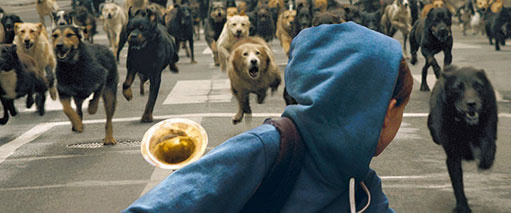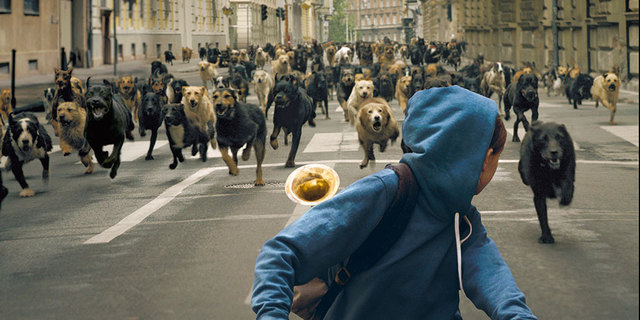Film Review: White God
Canine Coup Strikes Hungary In Animalistic Revenge Flick


“Bacon
Latest Article|September 3, 2020|Free
::Making Grown Men Cry Since 1992


“Bacon